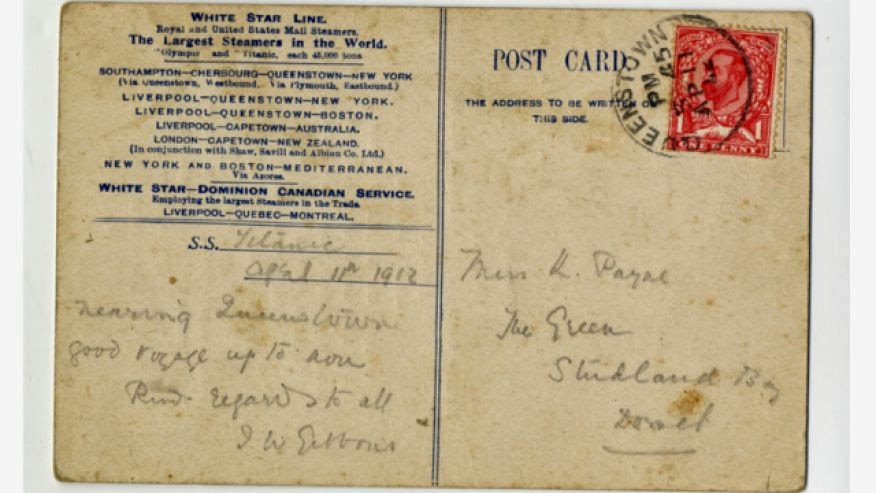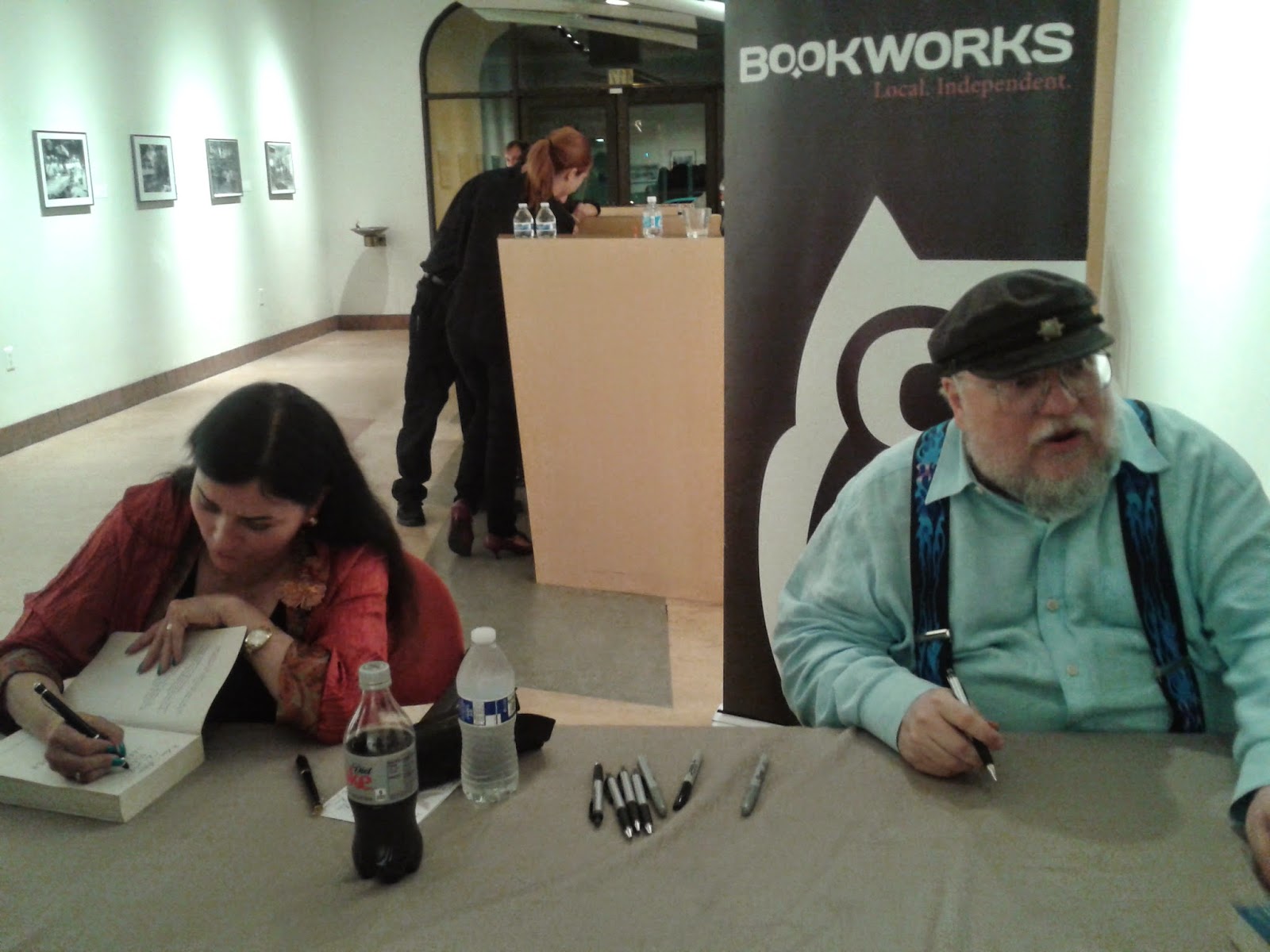And here we are at the end.
This will be a bit of an emotional post, since it is the final post you'll read here at the Sisterhood. Yes, you read correctly. This is our final post.
This decision was not made lightly. We've thought about and discussed the closing of the blog for some months now. We've known since April that this summer would be our last. It had to be. The three of us, Lorena, Mary Mary, and Stephanie, have come to a point where we have to move on from contributing to the Sisterhood blog. We are all taking different directions with our writing and, unfortunately, we feel The Writing Sisterhood needs to come to a natural end.
We have loved the writing community we've connected to through this blog and will miss sharing on a weekly basis. To say good-bye, we've all decided to write a closing paragraph or two. Enjoy!
SISTER STEPHANIE
I had never intended to blog, but when my brand-new critique partners Mary Mary and Lorena invited me to join their writing blog, I didn't have to think twice about it. I was in the midst of a novel, and the idea of writing about writing with other writers was very appealing. Writing can be a lonely business, and there aren't a lot of opportunities to get oneself into a supportive writing community. Critique-partnering was definitely one, but I loved the idea of opening it up to the world. Participating in a blog would also, I figured, give me some writing structure. The blog was on a schedule, so I had to come up with at least one idea every few weeks. Nothing teaches you about a topic more than writing about it. If I wanted to learn more about dialogue, then researching and writing a piece about dialogue would get me further than simply reading about it. I enjoyed getting feedback from other writers and hearing their ideas, too. It was a fruitful venture.
Of course, there are only so many topics to write about; especially when it comes to a narrow subject like fiction-writing itself. Dialogue, characters, plot, yes. Commercial vs. literary fiction, got it. Why something as appalling as Fifty Shades sells a gazillion copies, check. But I have definitely felt myself digging deep for topics lately, especially since I have my personal blog to attend to as well. My sisters are moving along the path toward publication, which is exciting and time-consuming, and I've got other things vying for my own attention. I will miss the community we have built together at the Sisterhood, and all we have done for each other, but I'm happy to say I know we three writing sisters will be lifelong friends ... and I hope all of our readers will stay in touch with us, too. I will still be at my own blog, so please come on by!
SISTER MARY MARY
When we came up with the idea to start a blog with four different women discussing the highs and lows of the writing world, I loved it from the start. I have been privileged to work with not just these two wonderful writers over the last few years, but also those who have been with us in the past. I will miss the individuals we've connected with during our years at the Sisterhood blog, but I know this is the right timing for the three of us.
For me, blogging was a new challenge, one I grabbed hold of whole heartedly. As things have changed for me over the past year or so, I've come to realize that it began to feel like more of a chore. I'd find myself searching for some topic that had yet to be discussed at the Sisterhood, when really, what I wanted to do was work on my fiction writing. Perhaps some writers enjoy the weekly schedule of putting out a new post, but for me, this is a good place to stop for now. I'm ready to move away from blogging and focus on my fiction writing and the road to publication. I will definitely be keeping busy. This summer, I started two new novels and I'm working on a play.
I will, of course, continue to keep in contact with both Stephanie, Lorena, and others of you out there. Stephanie and Lorena's critiquing skills are indispensable, as is their friendship. And, hey, Lorena's now my agent sister! My other book review blog will still be around for a few months, but that one, too, will be ending sometime in August. When the time is right, I'll be back around, but I'm not sure if it will include blogging. Thanks for hanging out with us over the last four years!
SISTER LORENA
Dear readers and friends,
What a wonderful experience this has been! I’m thrilled to have entered such a supportive community and to have met so many of you. I’m also grateful to my sisters, both current and former, for having embarked on this project with me for the last four years. I’ll admit that when I first considered blogging, I was terrified. For one, I had zero experience writing non-fiction and second, I was afraid to open my soul to the world in such a public way. The Sisterhood blog not only helped me develop some skill in interviewing industry professionals as well as writing articles and reviews, but also made me feel comfortable about interacting with other writers online and becoming part of this community.
I don’t know what the future will bring. I may come back to blogging at some point in my life, but for now, I feel a need to close down the blinds and concentrate on a couple of new novels that have been on hold for the last four months. I’m also in the process of revising a beloved novel which has taken over a decade to develop so that my brilliant new agent can start shopping it around!
I hope this is not a goodbye, fellow writers. I’ll still visit your blogs from time to time and you’ll be able to find me on Twitter. Best of luck to all of you in your careers and I hope we meet again soon!
We wish all of you out there working on the road to publication nothing but the best of luck! Thank you for following us through the last four years!
Lots of Love ♥,
Sisters Stephanie, Mary Mary, and Lorena






















